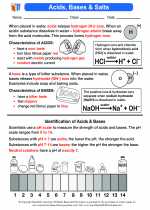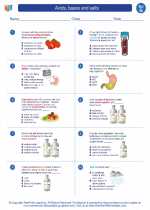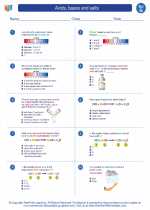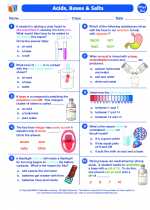Competition in Science
Competition in science refers to the interaction between organisms, populations, or species in which the fitness of one is lowered by the presence of another. This can occur within or between species and is a fundamental ecological process that influences the structure and functioning of ecosystems. Understanding competition is crucial for comprehending the dynamics of populations and communities.
Types of Competition
- Intraspecific Competition: This occurs between individuals of the same species and is often related to the availability of resources such as food, water, or territory.
- Interspecific Competition: This type of competition occurs between individuals of different species, often for the same resources. It can lead to the coexistence of species with similar ecological niches or the exclusion of one species by another.
Mechanisms of Competition
Competition can manifest through various mechanisms:
- Exploitative Competition: This occurs when individuals reduce the availability of resources for others by consuming or controlling them.
- Interference Competition: In this case, individuals directly interact to prevent access to resources, such as through aggressive behavior or territorial defense.
Factors Affecting Competition
Several factors can influence the intensity and outcome of competition:
- Resource availability
- Population densities
- Environmental conditions
- Evolutionary adaptations
Study Guide on Competition
To effectively study competition in science, consider the following key points:
- Understand the difference between intraspecific and interspecific competition.
- Explore examples of competition in different ecosystems and habitats.
- Analyze the mechanisms by which competition occurs and its impact on population dynamics.
- Consider the role of competition in natural selection and evolution.
- Discuss the implications of competition for biodiversity and community structure.
By mastering the concepts and mechanisms of competition, you will gain a deeper understanding of ecological interactions and the dynamics of natural systems.







